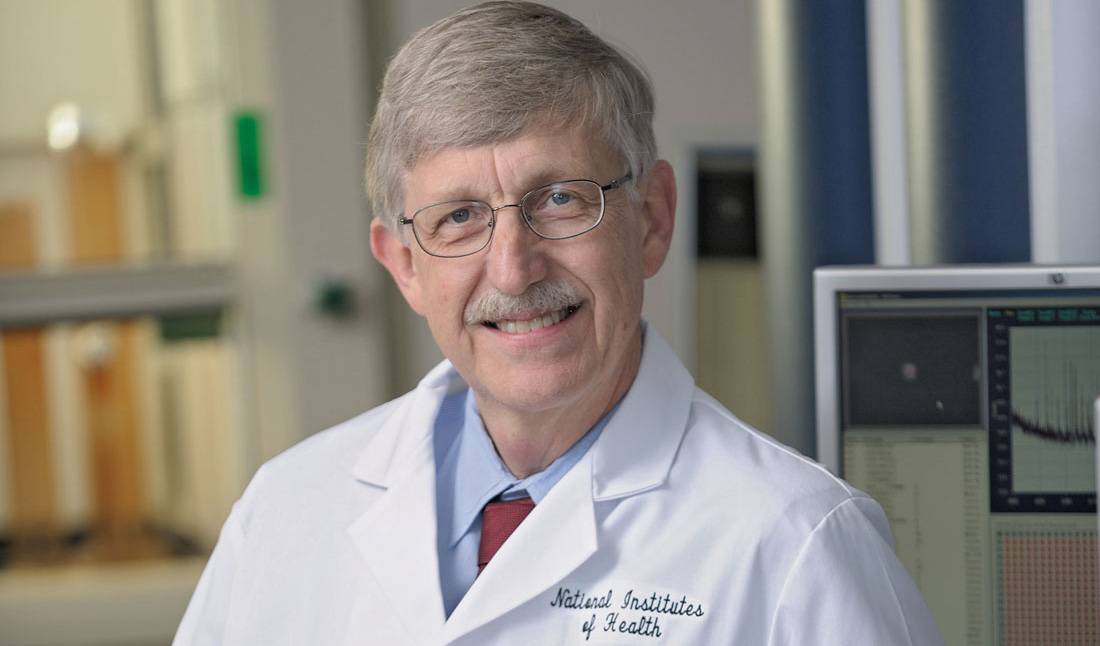
24 Oct The director of the NIH lays out his vision of the future of medical science
By Dr. Francis S. Collins, TIME
Our world has never witnessed a time of greater promise for improving human health. Many of today’s health advances have stemmed from a long arc of discovery that begins with strong, steady support for basic science. In large part because of fundamental research funded by the National Institutes of Health (NIH), which traces its roots to 1887, Americans are living longer, healthier lives. Life expectancy for a baby born in the U.S. has risen from 47 years in 1900 to more than 78 years today. Among the advances that have helped to make this possible are a 70% decline in the U.S. death rate from cardiovascular disease over the past 50 years, and a drop of more than 1% annually in the cancer death rate over the past couple of decades. As one more dramatic example, thanks to remarkable advances in antiretroviral drugs, most Americans with human immunodeficiency virus (HIV) can now look forward to an almost normal life span.
‘All of Us’ is just one of the many innovative steps that biomedical research is taking to build the next generation of resources that will help tackle many of the complex and difficult issues facing health care today. – Dr. Francis Collins
Yet, despite this astounding progress, much more remains to be done. Among the many efforts now poised to change the future of health are those to harness the power of gene editing, expand the reach of cancer immunotherapy, map the human brain and build a solid foundation for a more individualized approach to health care, often called precision medicine. And along with the bright promise of preventing, treating and curing some of humankind’s most feared diseases come some crucial questions about how to ensure such breakthroughs are applied both ethically and equitably. Read more …



